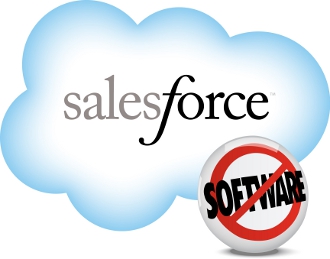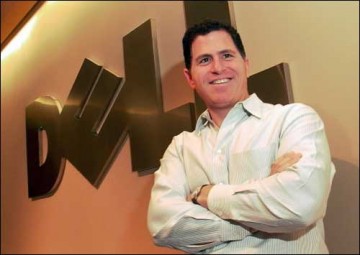 Open source player SUSE has appointed its first top tier reseller giving the UK and Ireland job to Securelinx.
Open source player SUSE has appointed its first top tier reseller giving the UK and Ireland job to Securelinx.
The Dublin-based firm was named SUSE’s first Solution Partner in the UK&I. According to a statement it got the job because of its acute understanding of the market and a deep technical expertise.
By getting to Solution Partner level, Securelinx gets deal registration incentives for new business but also access to campaigns and other marketing tools. It is also seen as a feather in the cap that will provide differentiation with other suppliers in the market.
Securelinx has been working with SUSE since 2003 and has built up a team of enterprise server certified engineers and has made sure it lined up its skills behind key technologies, SUSE Storage, SUSE Manager and OpenStack.
Danny Rowark, SUSE regional director EMEA West at SUSE said that Securelinx had a rich history of delivering enterprise-grade open source solutions and innovations to customers, and has continuously tracked, adopted and leveraged advances in open source technology.
“It’s an impressive track record and we know that Securelinx will continue to help its customers deliver innovation and value via SUSE technology as a SUSE Solution Partner,” Rowark said. Securelinx’s managing director Brian Farrell said that it had a deep appreciation and knowledge of open source.
“Working closely with SUSE across all these emerging technical solution areas made joining the SUSE Partner Program a very logical fit for Securelinx. The program enabled our abilities across multiple disciplines to be measured and recognised, ultimately leading us to achieve our Solution Partner accreditation”, he said.
“We are very pleased with the level of executive support we received from SUSE management. Reaching the grade of Solution Partner means that we are not just a technically certified organisation, but also one that is commercially grounded within SUSE’s local market approach. Already, we see new opportunities opening up that will lead to increased revenues for both parties and even better results for our combined customers”, he added.


















